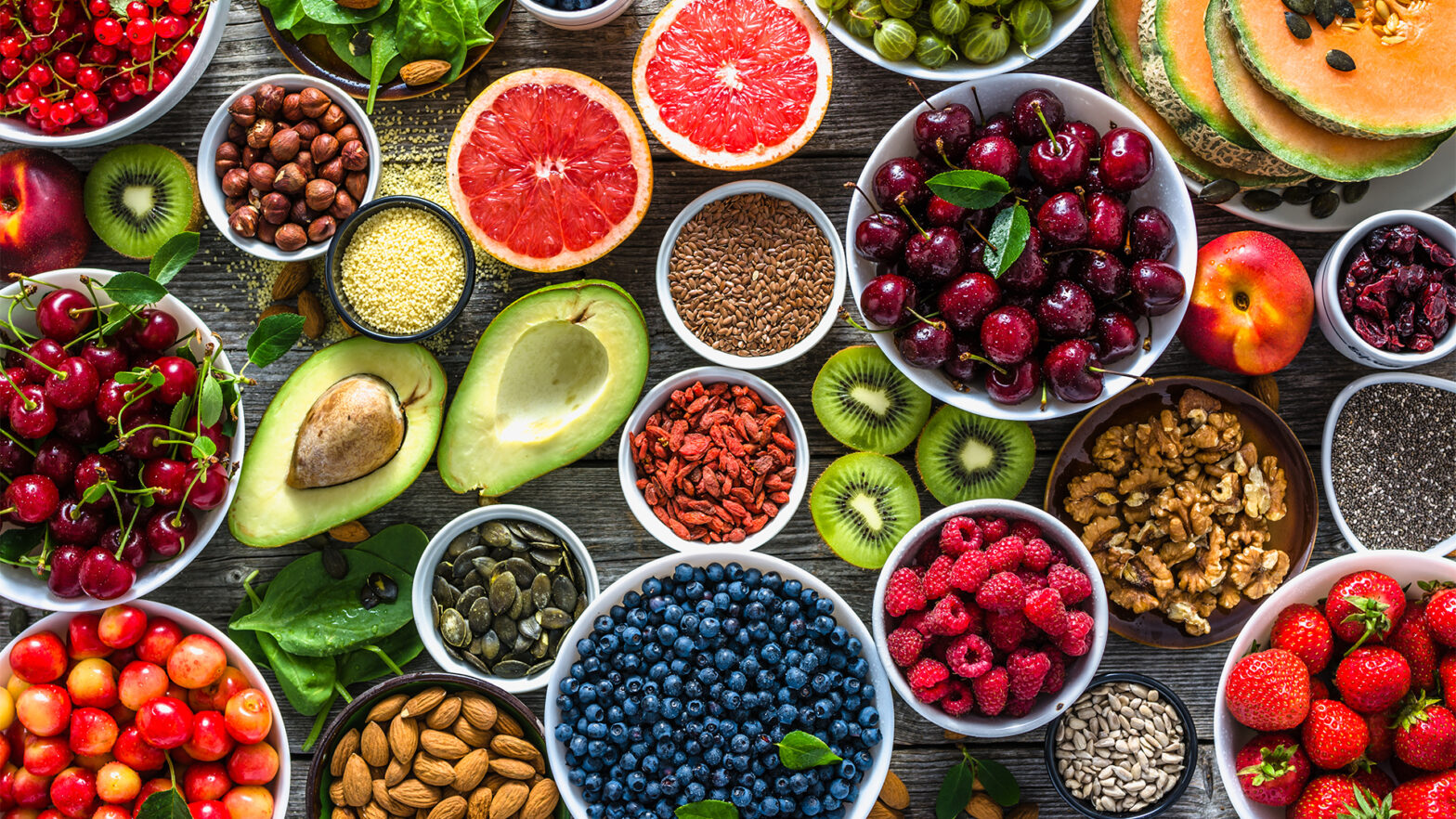
On this World Food Day, leading nutrition and wellness company, Herbalife is urging policy makers and consumers to think differently about food and how to navigate healthy food choices.
Herbalife believes that nutrient density is the right place to start when trying to understand good nutrition and achieve a healthy balanced diet.
Nutrient density is the ratio between essential nutrients of a food per gram or per calorie. Nutrient dense foods are those with the highest ratio of positive nutrients. Therefore, when looking at food options it is good to look at how nutrient dense a food is and how it fits within the context of your overall diet. This might mean looking beyond simple calorie measures or whether the food is processed – if it delivers a high ratio of nutrients, it can be beneficial to one’s diet overall.
Andrea Bertocco, PhD, Director of Scientific Affairs, EMEA at Herbalife, outlines five top tips to understand nutrient density and make good food choices:
1. Always check the label!
By looking for lower percentages of fats, saturated fats, salt and higher levels of macro nutrients, like protein and fibre, alongside micronutrients (i.e.: vitamin A, vitamin D, vitamin C, potassium, magnesium, iron, calcium) you can ensure the food you are eating is full of the things that are beneficial to your diet.
2. A nutrient supplement can help fill gaps in your diet
In a world where many of us live increasingly busy lifestyles, diets can suffer as we have less time to prepare and consume a healthy balanced diet. This is where food supplements can play an important role and increase vital nutrients within one’s diet. Food supplements, like meal replacements shakes, can fill nutritional gaps and support in achieving a healthy balanced diet for those who are struggling to achieve the right balance from traditional meals alone.
3. Don’t be scared of processed foods but choose them wisely
Processing has become demonised for being associated with saturated fat, sugar and salt. Whilst there are many unhealthy processed and ultra processed foods (UPFs) that are high in saturated fat, sugar and salt, this is not the case for all of them. Many foods need to undergo processing to preserve them and most foods we consume today have undergone some form of processing. Something that is processed is not necessarily bad, as long as it is nutrient dense. Take Herbalife’s meal replacement shakes as an example, these shakes have to undergo processing to meet regulatory requirements and deliver all the nutrients that you should get from the average healthy balanced meal.
4. Prioritise Colourful Vegetables and Fruits
Incorporate a variety of colourful vegetables and fruits into your meals. Different colours often signify different nutrients (e.g., orange foods are high in beta-carotene, greens are rich in folate). A diverse range of colours ensures you’re getting a wide array of vitamins, minerals, and antioxidants.
5. Stay Hydrated
Hydration is crucial for nutrient absorption and overall health. Drinking plenty of water helps your body effectively utilise the nutrients from the foods you eat. Aim to drink at least 8 cups of water a day and adjust this based on your activity level and individual needs.
Andrea Bertocco, PhD, Director of Scientific Affairs, EMEA at Herbalife says: “The format of the food we consume will no doubt change over time as environmental factors take hold and the population continues to increase, so it’s important to rethink not just what we eat but the form it might take. We need to stop demonising processing but instead focus the debate on what nutrients we get from the things we consume – are we getting the right ratio of the nutrients we need? If not, do we need supplements to help create a better balance? These are the sorts of questions we need to consider today in order to deliver for future populations. “It’s important to remember that fresh, natural food and ingredients are essential but they are not available to all of us all of the time. We need to take a holistic approach to achieving a healthy diet; complementing fresh meals, with food supplements and other nutrient dense options to help ensure we get the right balance of macro- and micro- nutrients.

















